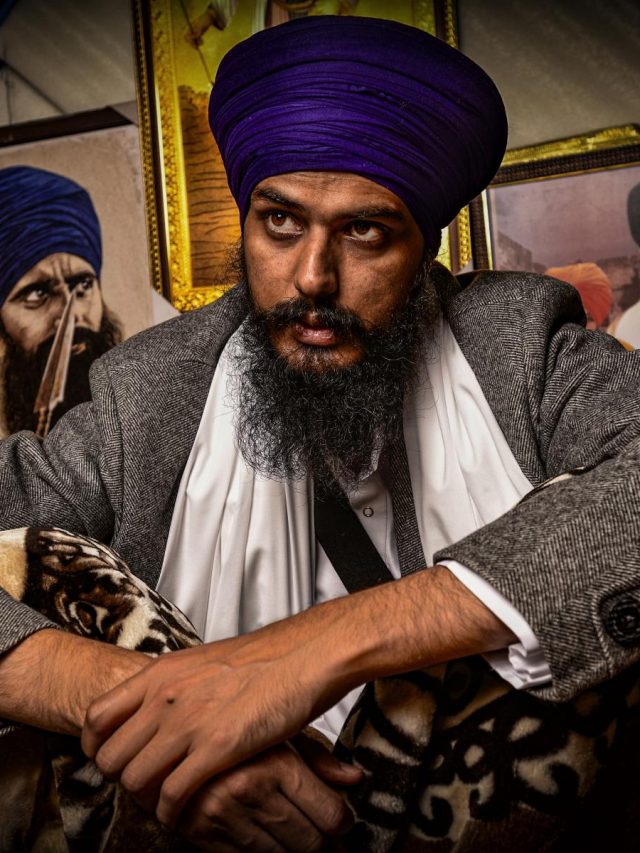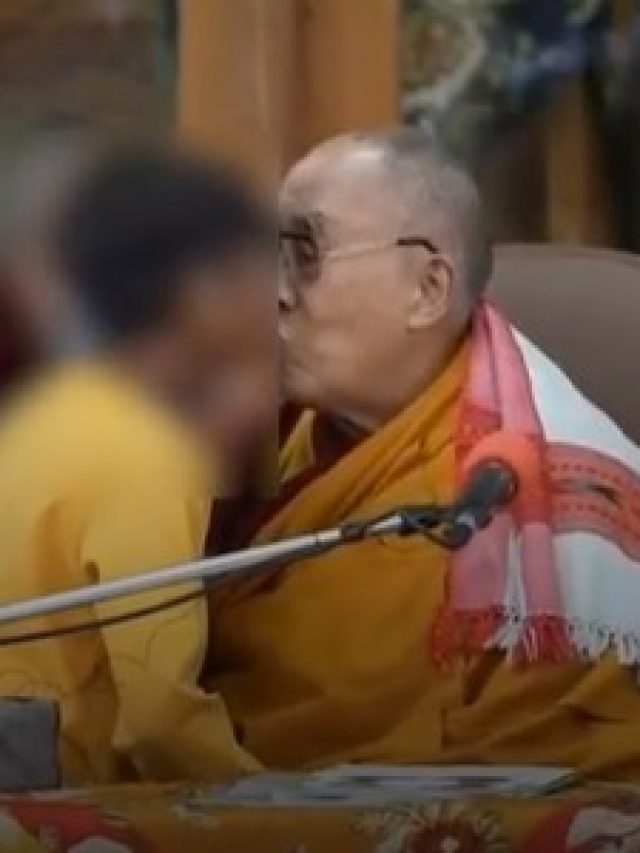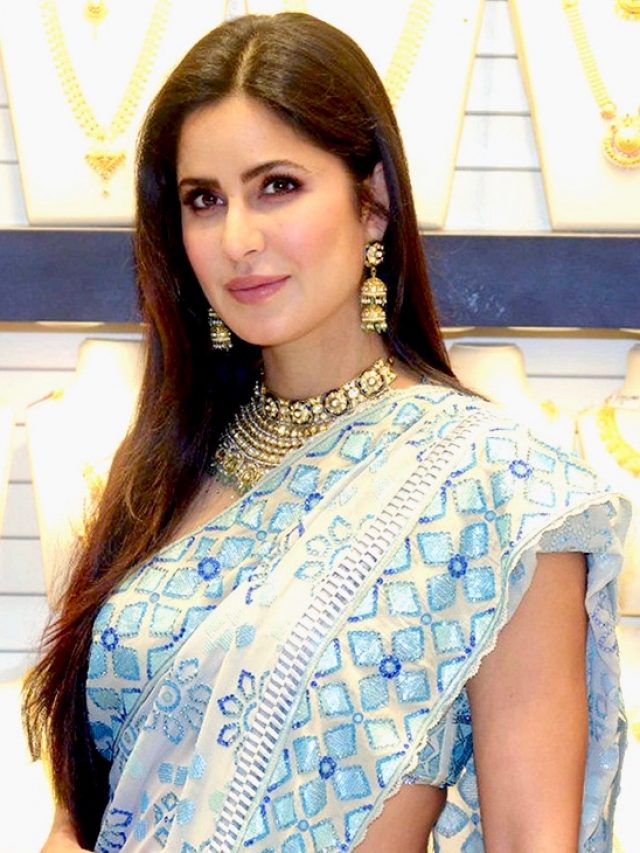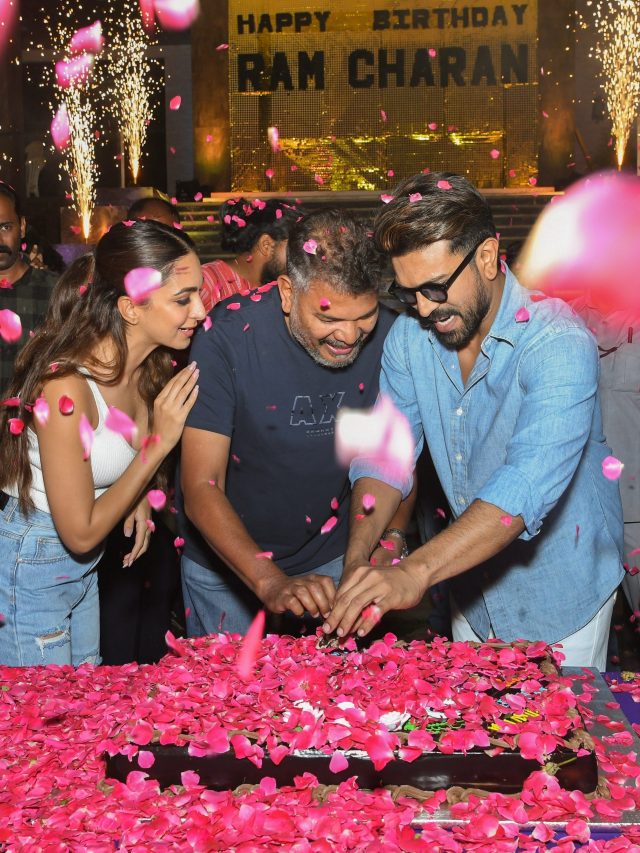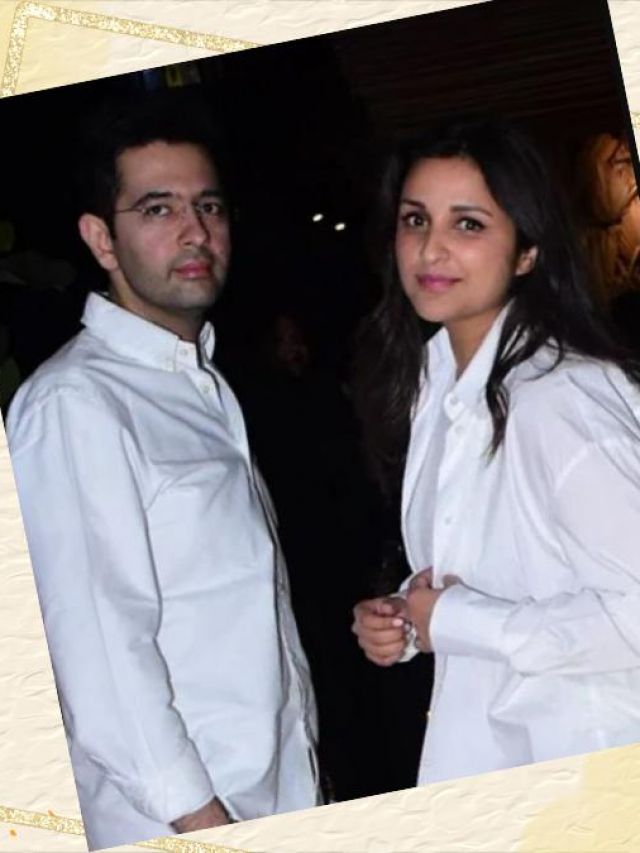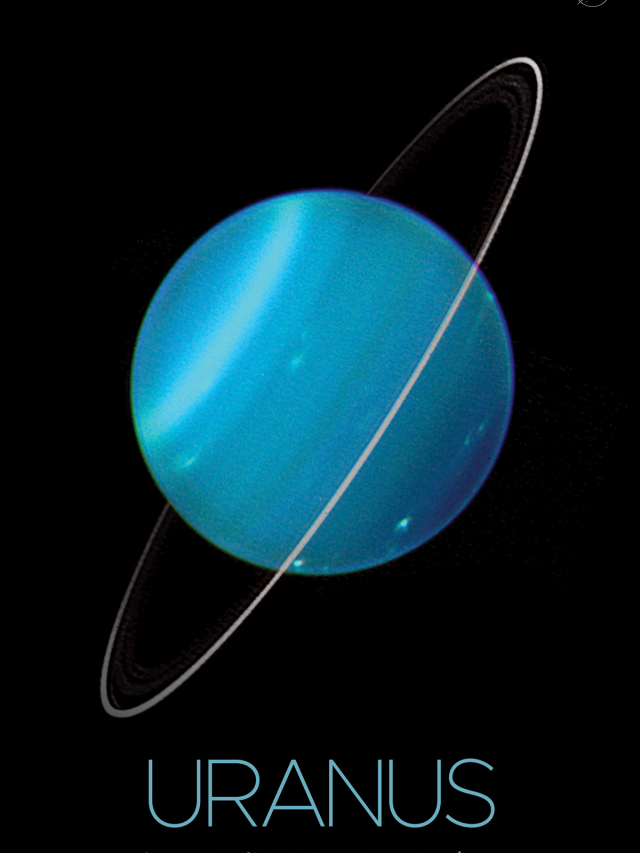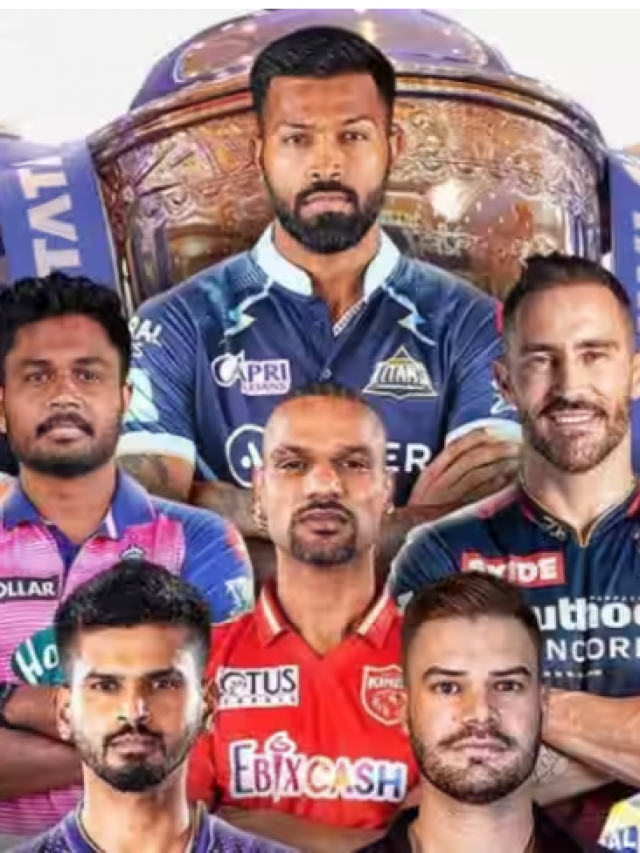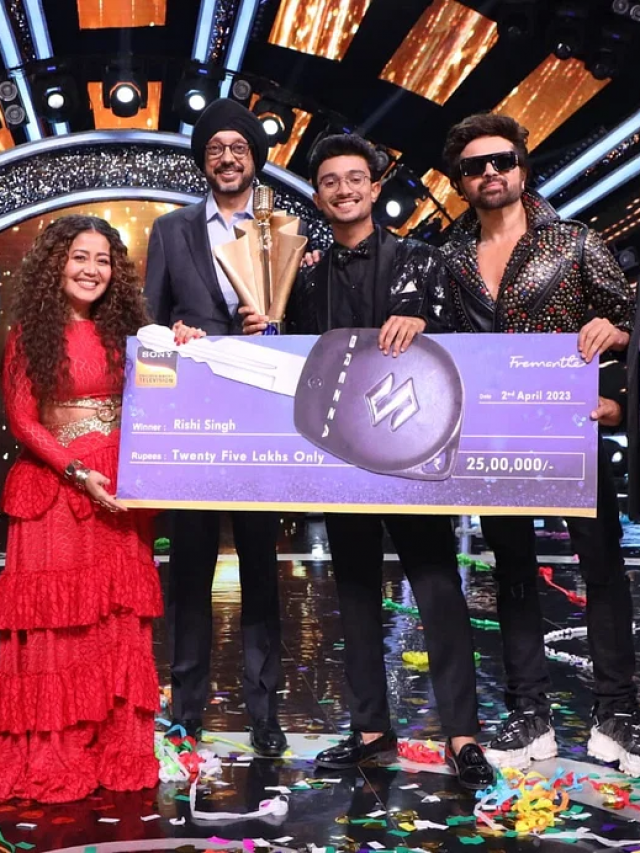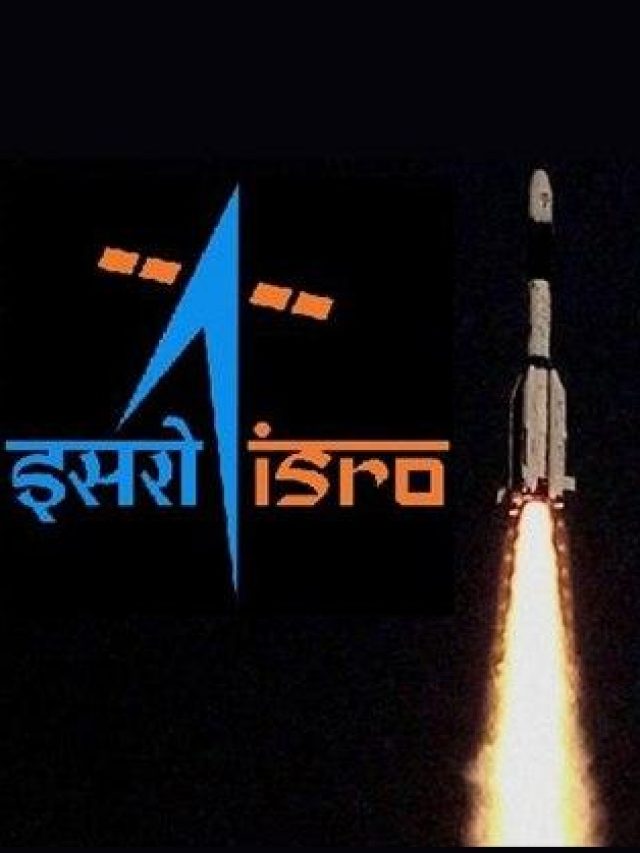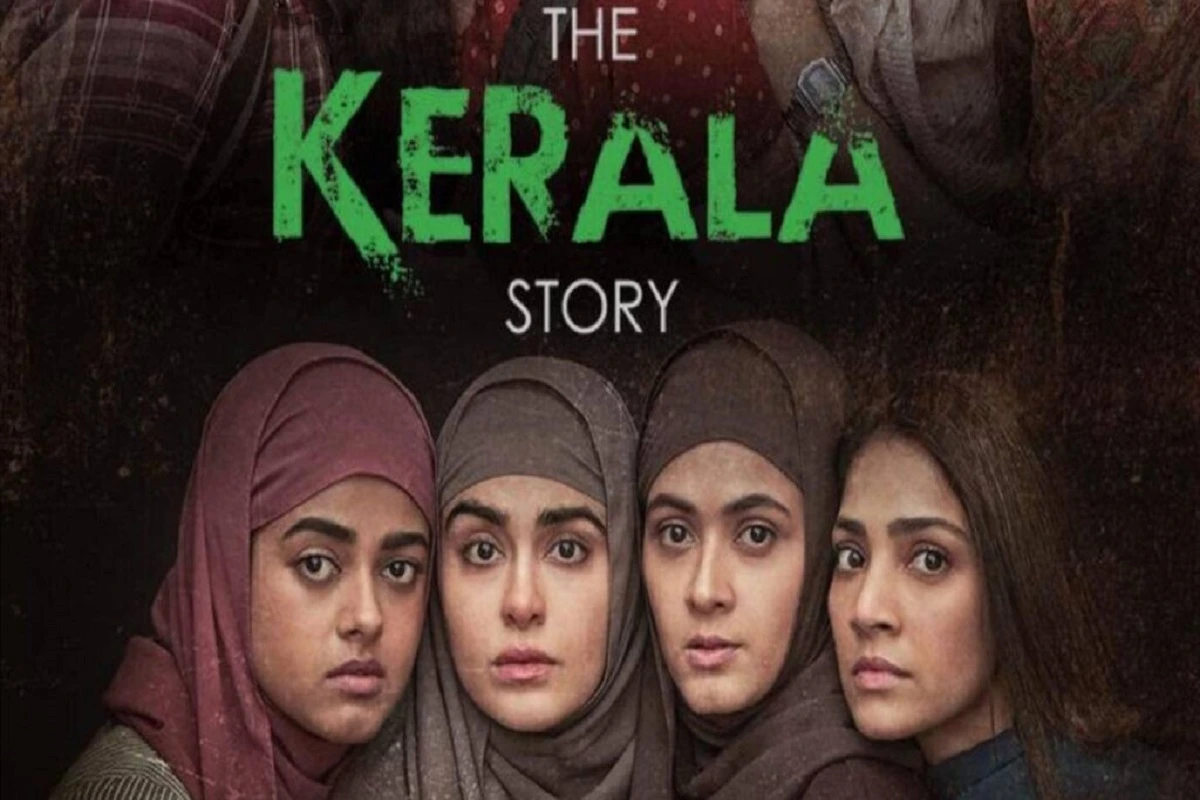
'Prohibition order not tenable,' says Supreme Court
The Supreme Court stayed the West Bengal government’s May 8 order prohibiting the screening of the film “The Kerala Story” on Thursday.
The controversial film will now be shown publicly in theatres throughout the TMC-ruled state.
As the film has been certified by the Central Board of Film Certification, a bench led by Chief Justice D Y Chandrachud stated that it is the responsibility of the state government to maintain law and order (CBFC).
“Bad films bomb at the box office,” the bench said.
“The statutory provision cannot be used to reward public intolerance.” Otherwise, all films will end up here,” the bench, which also includes justices P S Narasimha and J B Pardiwala, said during the ongoing hearing.
The bench also stated that the West Bengal government’s prohibition order is unconstitutional.
It stated that in Tamil Nadu, extra security can be provided for each cinema hall screening the film, and necessary arrangements can be made for moviegoers who want to see the film.
“No steps shall be taken by Tamil Nadu or its officers or instrumentalities including police to prevent screening of film,” the court said.
The bench said it would watch the film in July when it hears appeals from high courts in Kerala and Madras that refused to hear pleas for the film’s ban.
It stated that it will define the parameters and contours of free speech, despite the fact that advocate Huzefa Ahmadi stated that continuing to screen the film would cause deep discord in society, even if no physical violence occurred.
Senior advocate Harish Salve, who appeared on behalf of the film’s producer, argued that states could not sit in on the certification hearing.
Solicitor General Tushar Mehta stated that the film is being screened throughout India and that the concerns raised about it are fictitious. Those who do not wish to watch the film may do so, according to Mehta.
SC said it will define the doctrine as to what could be permissible and impermissible in a film.
Meanwhile, at the request of the Supreme Court, the film’s producer stated that “the filmmaker has no authentic data to back the figure of 32,000 conversions of Hindus and Christians to Islam” and that the content is a fictionalised account.
On Friday, the Supreme Court sought responses from the governments of West Bengal and Tamil Nadu on a separate petition filed by the producers of “The Kerala Story” alleging that the film is not being shown in theatres in these two states.
While West Bengal banned the film after three days of screenings in theatres, Tamil Nadu did not ban it, but exhibitors withdrew from cinema halls due to security concerns.
Also read: A Malaysia-Bound Flight Makes An Emergency Landing In Chennai






